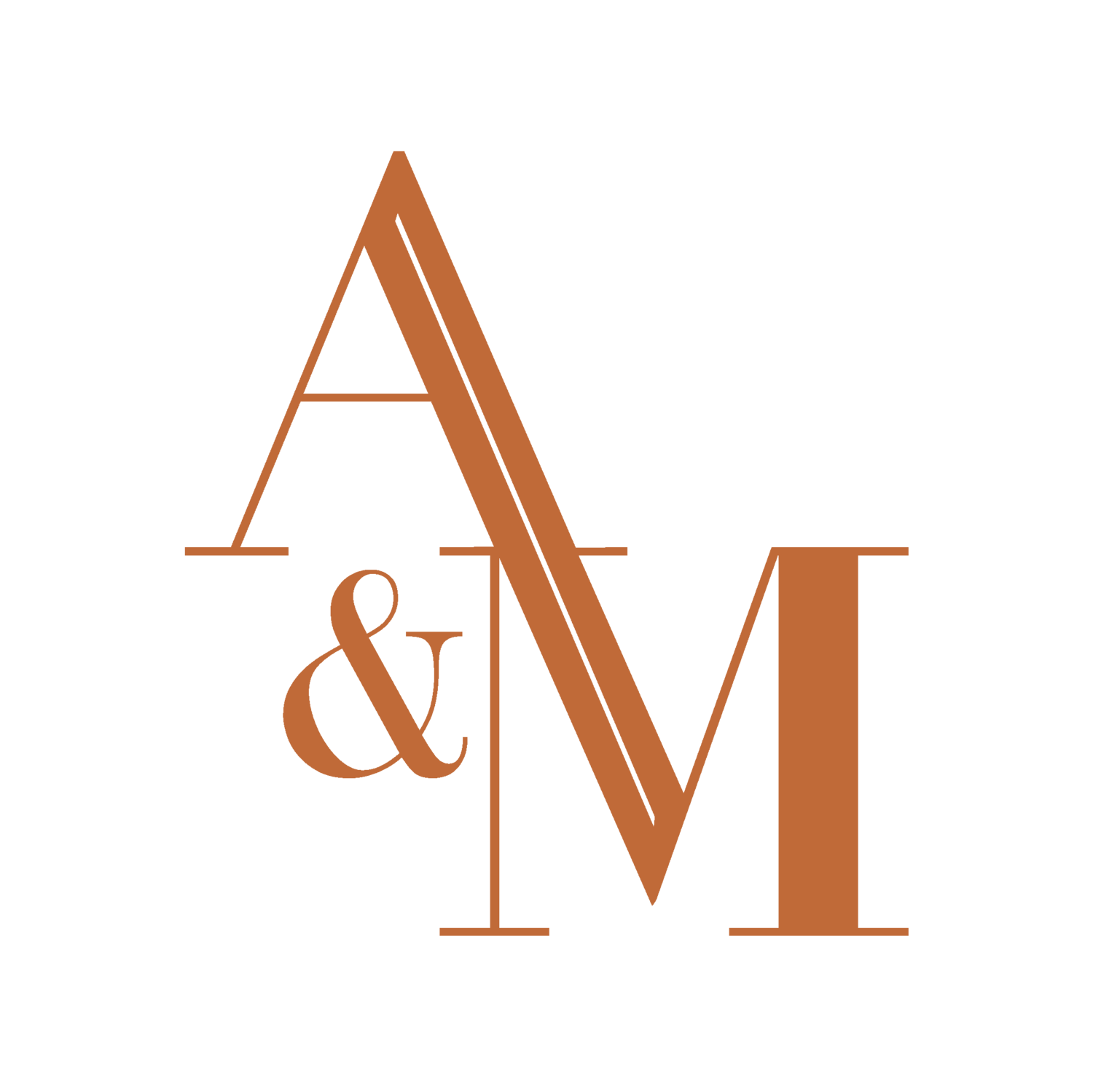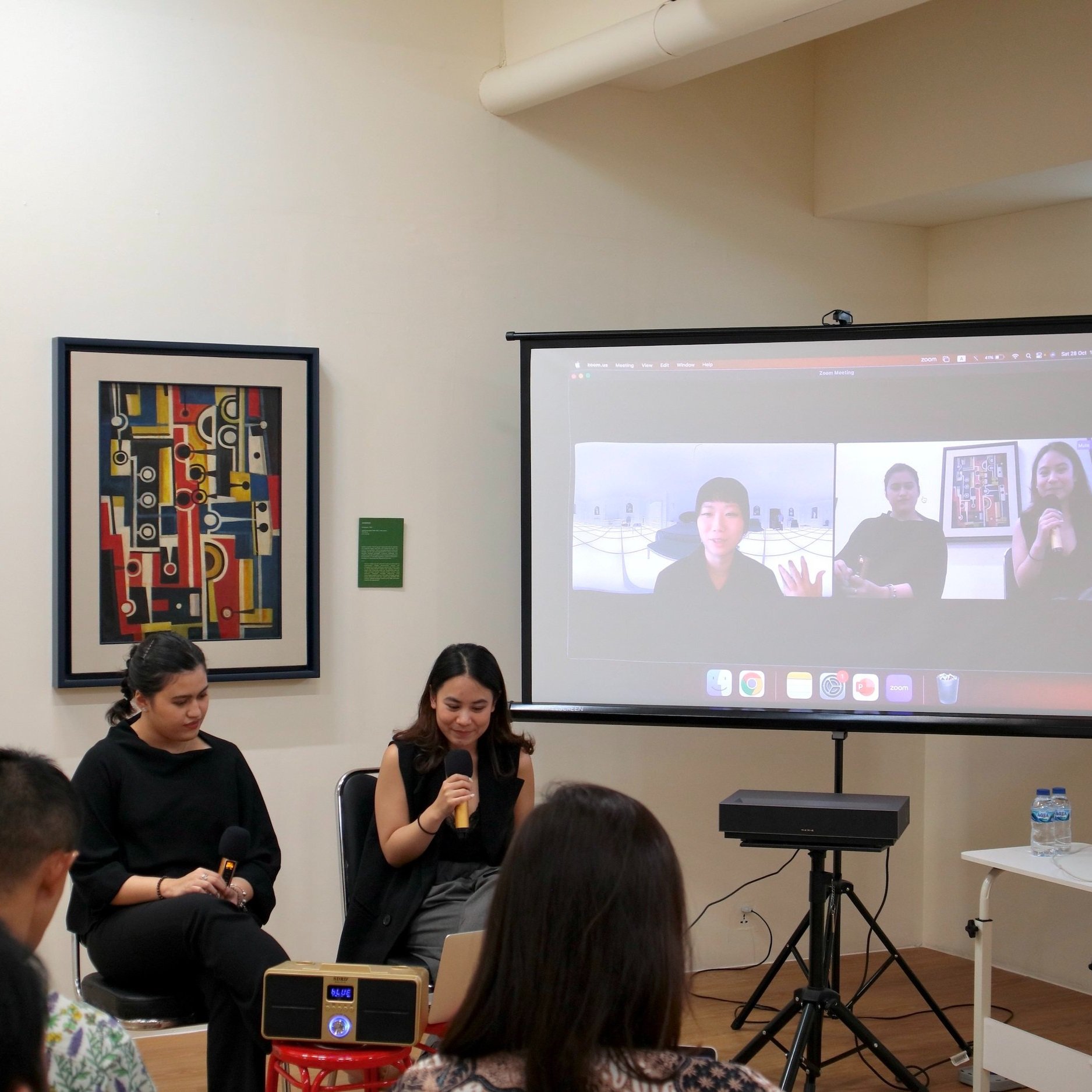LANDING 2023 | Creative Entrepreneurship: The Ups, The Downs and the In-Between
Nina Boldyreva, Yoko Choi and Renée Ting
By Rica Estrada
Yoko Choi, Renée Ting, Nadya Wang, Audrey Wong, Nina Boldyreva.
Key points:
Opportunities are often born out of chance, then enhanced through intentionality and rising to the challenge.
Creative entrepreneurship can be solitary, and collaboration with others can make it more fulfilling.
Creative entrepreneurs oscillate between hope that people will show up and wondering if anybody “cares”.
Regardless of the nature of the creative practice, generating unprompted feedback from the immediate community and the integration of the general public are benchmarks of success.
Now in its fourth year, Art & Market’s Annual Conference LANDING kicked off with a panel on creative entrepreneurship on 11 September 2023. It featured three entrepreneurs working in the Singapore art scene, and was held in partnership with the MA Arts and Cultural Leadership programme, directed by Audrey Wong, at LASALLE College of Arts, University of the Arts Singapore.
Moderated by Art & Market Editor Nadya Wang, panelists Nina Boldyreva, Co-Founder, Fantasium Group, Yoko Choi, Co-Founder, registered art therapist and artist, FoundSpace, and Renée Ting, Director, Singapore Art Book Fair shared their experiences on the founding of their businesses, how they have managed the ups and downs in their entrepreneurial journey, and what motivates them to keep going in their respective arts-related endeavours.
Here are the key takeaways from the panel:
Opportunities are often born out of chance, then enhanced through intentionality and rising to the challenge. The panel began with each speaker sharing the beginnings of their creative businesses. All three spoke of chance, whether it be through an encounter with a venue provider, an investor, or a kindred spirit with similar interests, and how these moments served as impetus for the creation or improvement of their projects. For example, Renée spoke about the importance of being intentional in the work that one does, and making the necessary changes to move forward. Nadya observed the ability of each of the panelists to take a leap of faith, to rise to the challenge when opportunity strikes, and to bring in effective programme models from elsewhere that were not yet available in their localities.
Creative entrepreneurship can be solitary, and collaboration with others can make it more fulfilling. Nina shared her experience of having to curate a virtual reality exhibition, ‘A Virtual Voyage through Masterpieces’, on her own in the early days of her business. Renée encountered the same challenges when she rebranded the Singapore Art Book Fair in 2018. Yoko brought up how her work comes from a very personal space, and how much it helped to have collaborators who shared her questions about identity, as well as the interdisciplinary approach she takes in her practice. To succeed in handling these challenges, the speakers emphasised the importance of seeking out like-minded individuals and asking for help when needed, by working with people whose skillsets complemented their own.
Creative entrepreneurs oscillate between hope that people will show up and wondering if anybody “cares”. A common thread that ran through the conversation was a questioning about whether the work would be appreciated and supported by an audience. Both Yoko and Renée shared how they overcome feelings of doubt by trusting their team and the community that they serve, and not being afraid to “fail”. Working on projects that are niche comes with a sense of freedom that can be both comforting and isolating. There is less pressure if nobody “cares”, which gives the creators freedom to run with their ideas as they see fit. However at the same time, is it worth pursuing if audiences are not interested, or there is not a sufficiently sizeable audience that is interested? Nina advised trusting oneself in this regard, and all three panelists echoed the notion of finding relevance by creating something with value.
Regardless of the nature of the creative practice, generating unprompted feedback from the immediate community and the integration of the general public are benchmarks of success. Despite their varied backgrounds, areas of interest and expertise, the speakers all defined success in terms of impact. For them, reaching a wider audience that may not be in the first instance keenly interested in art is something that they aspire and work towards. Yoko does this through projects that are qualitative rather than quantitative, and growing by learning to communicate better with collaborators and within the team. Renée and Nina both noted that a good way to measure impact would be through feedback from the audience– whether positive or negative– including the people within their teams. The panel reflected upon the importance of working outside one’s “bubble” for new possibilities, and actively seeking ways to improve.
LANDING 2023 | Creative Entrepreneurship: The Ups, The Downs and the In-Between.
For more information on LANDING 2023, including upcoming events, please click here.
About the Writer
Rica Estrada has been working with museums in the Philippines for over a decade. She is currently doing an MA in Arts and Cultural Leadership at the Lasalle College of Arts Singapore and is a board member of the Museum Foundation of the Philippines.
















